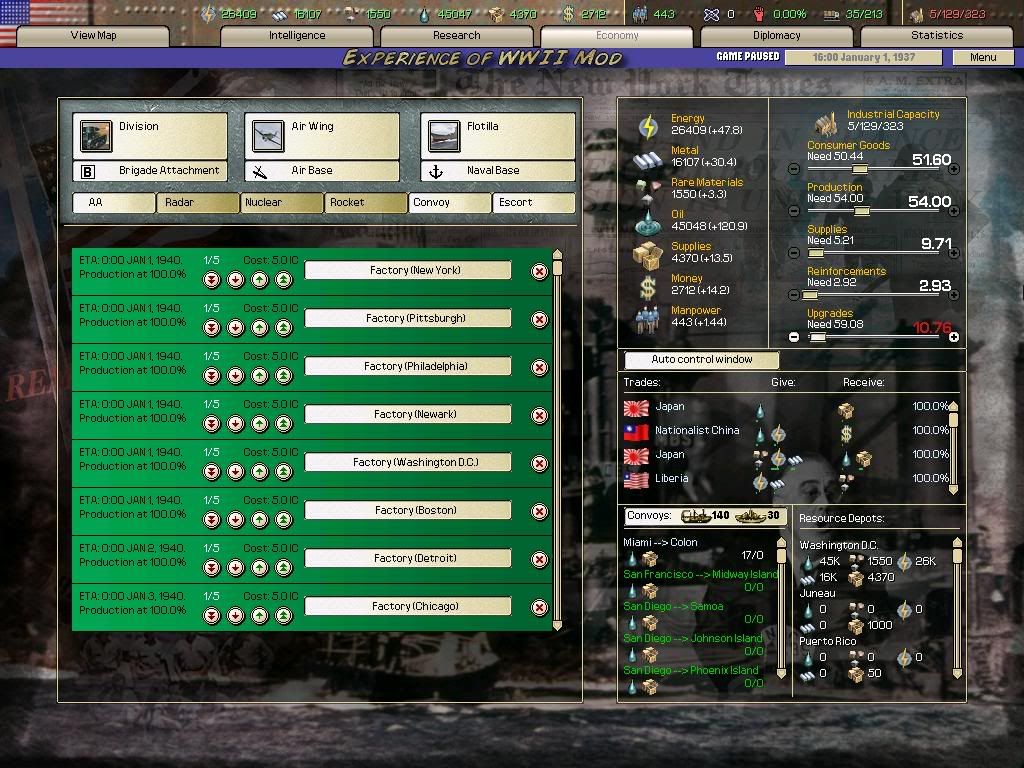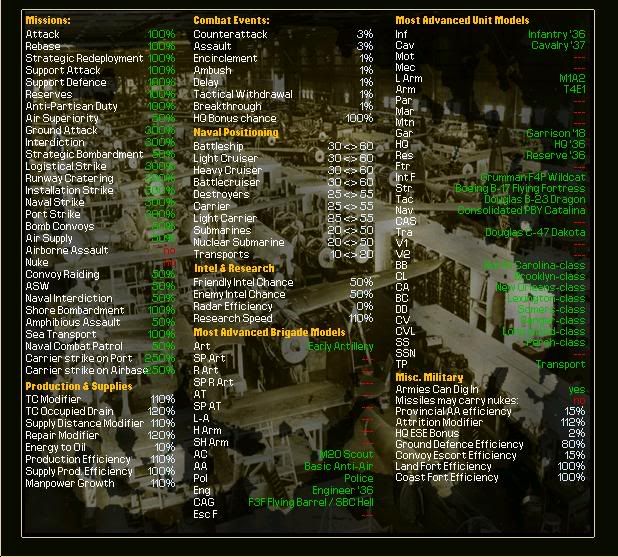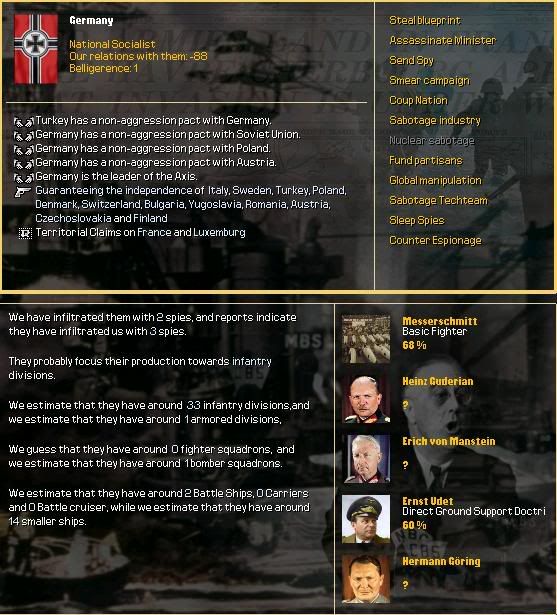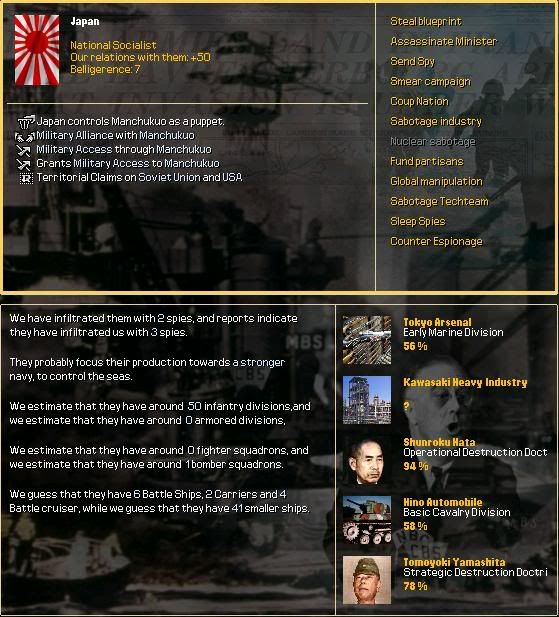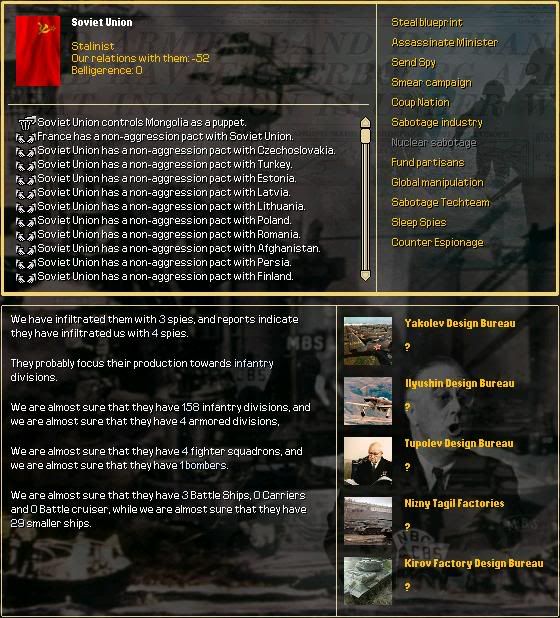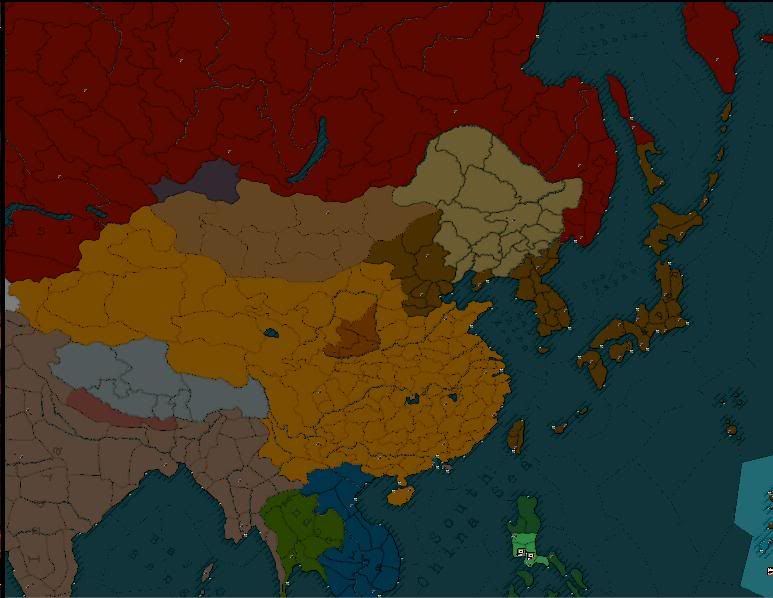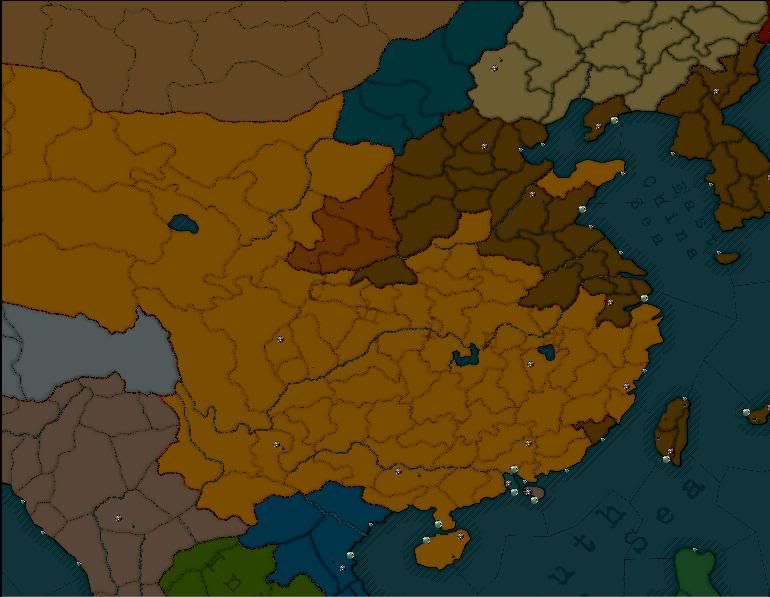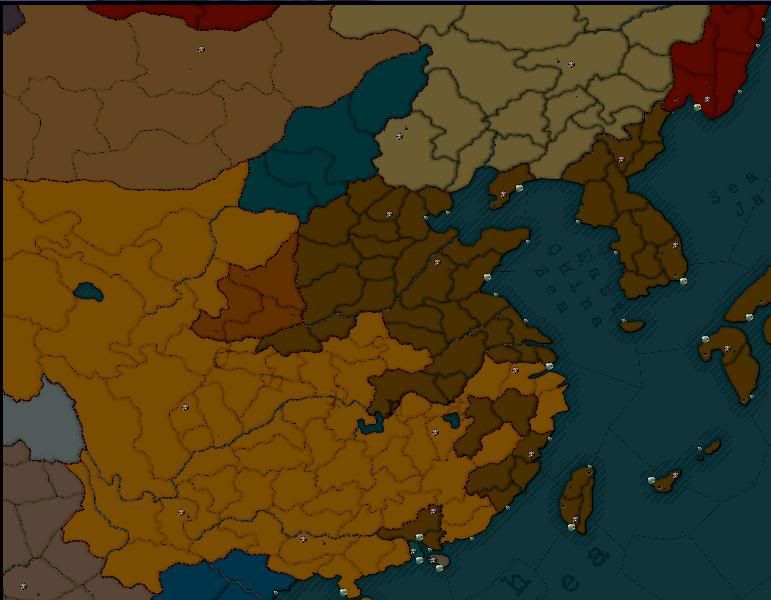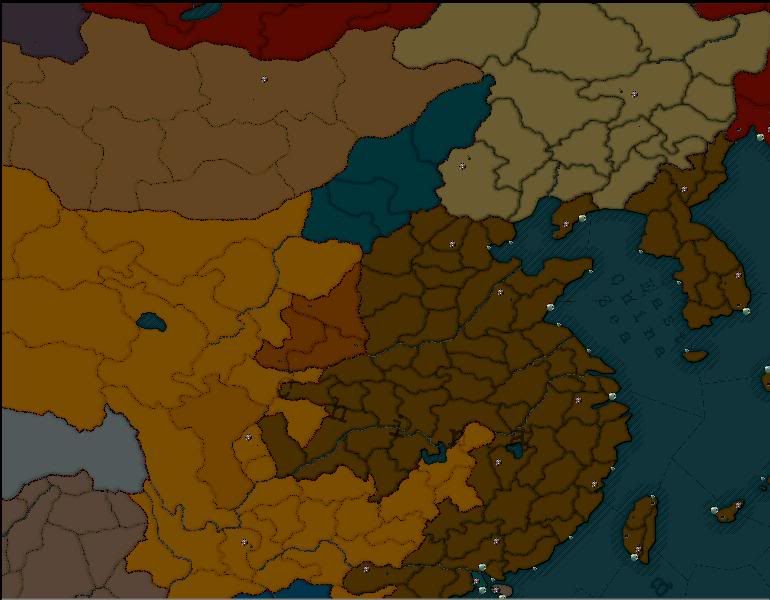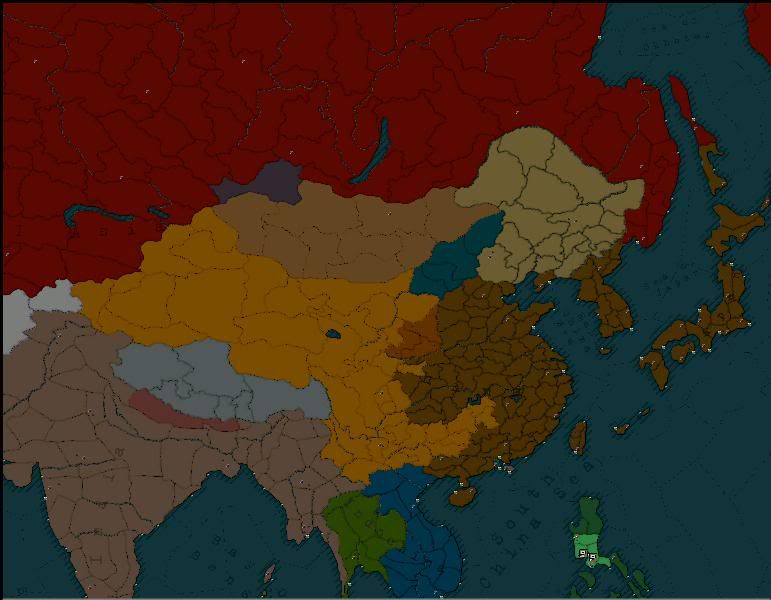To return to the AAR, there's clearly much more to this than anyone involved knows (even the shadowy gentlemen haven't 'cracked it', whatever it is).
A good job on putting some interest into the US path to war (even at 30 years distance it's still a long haul to await the archives)
A good job on putting some interest into the US path to war (even at 30 years distance it's still a long haul to await the archives)



